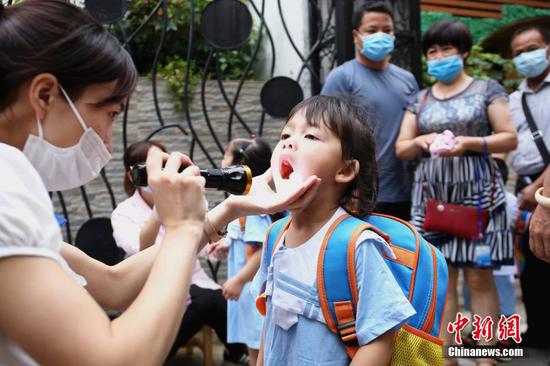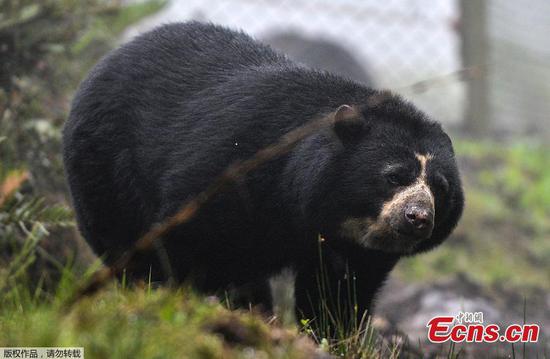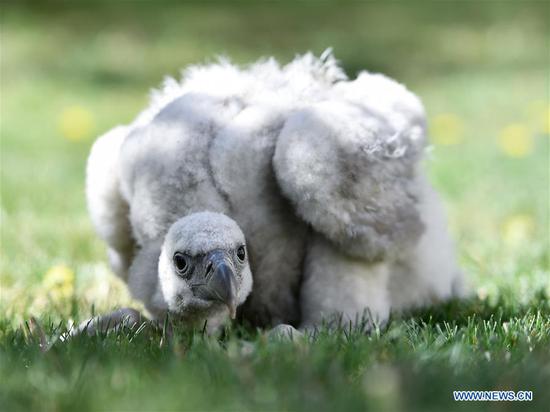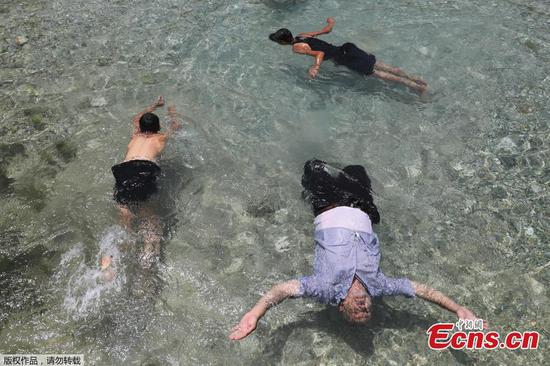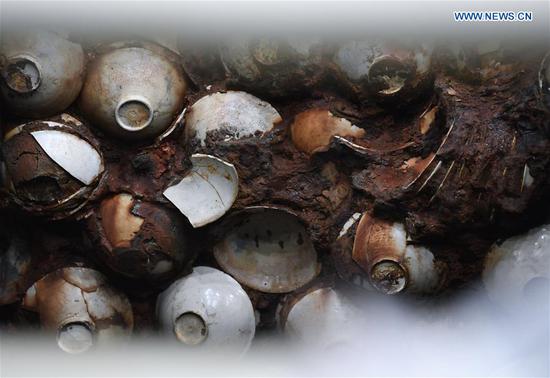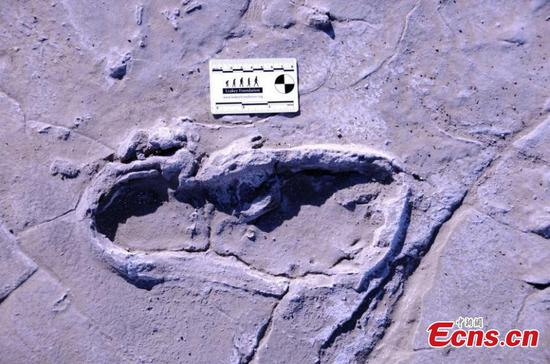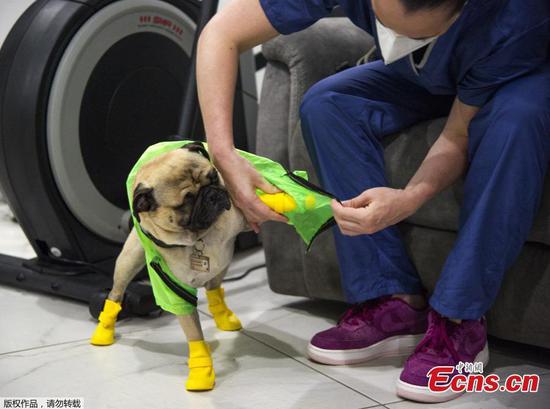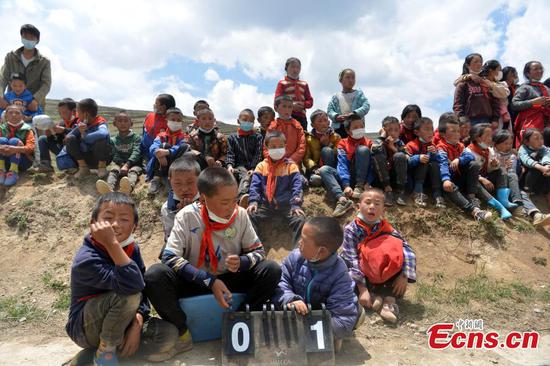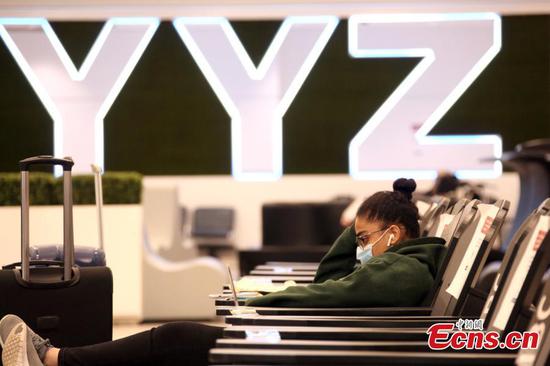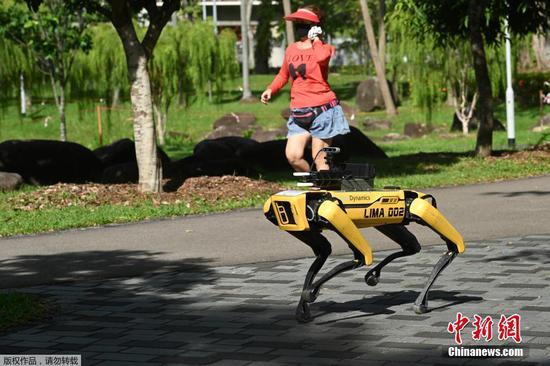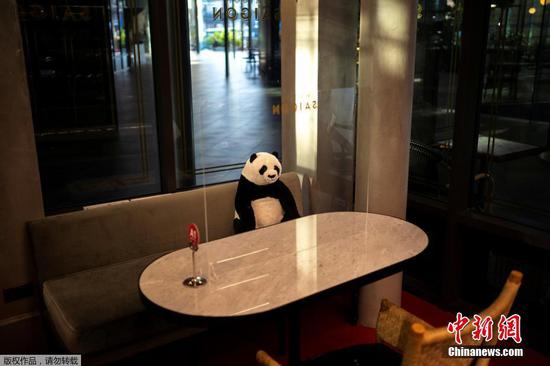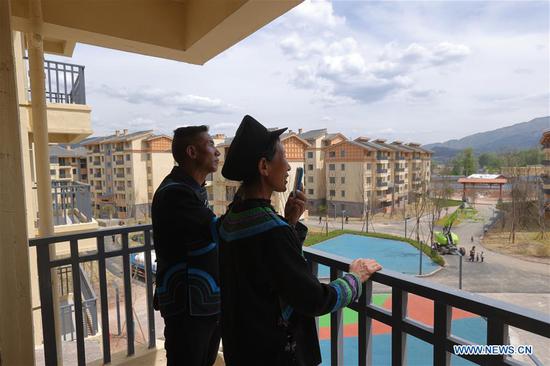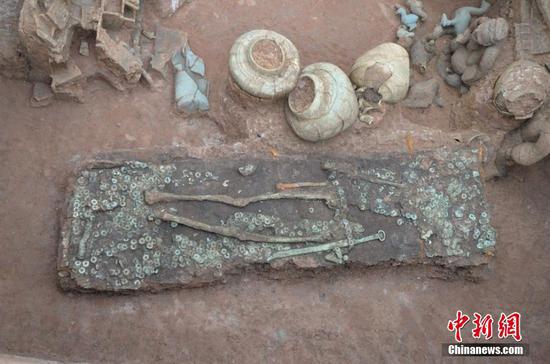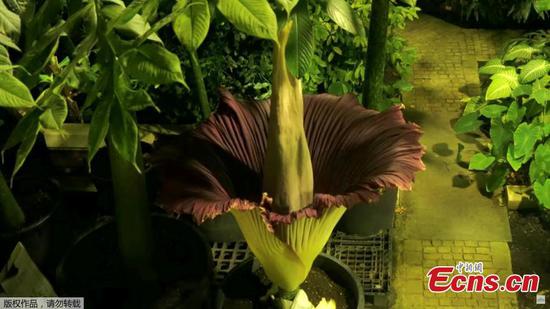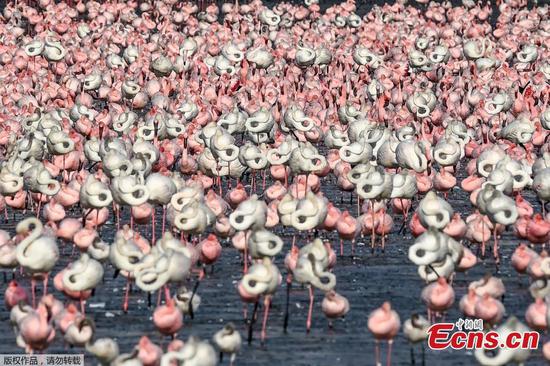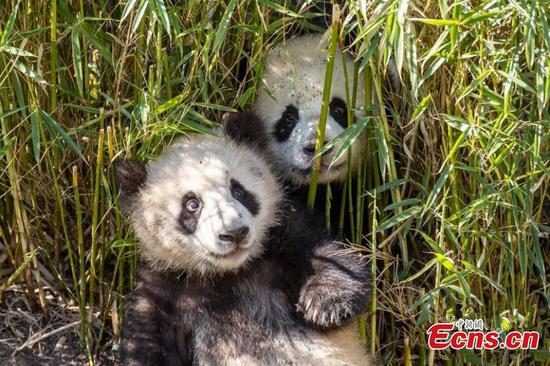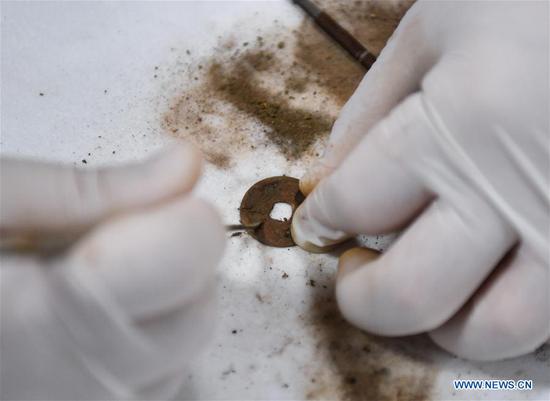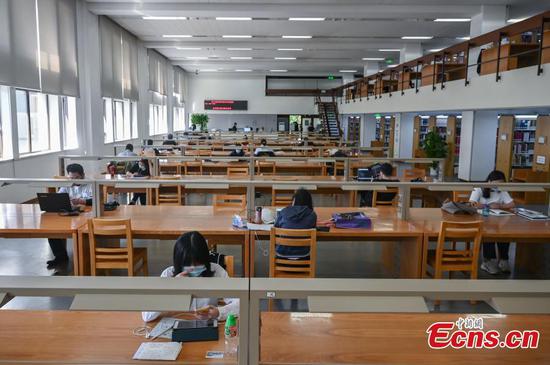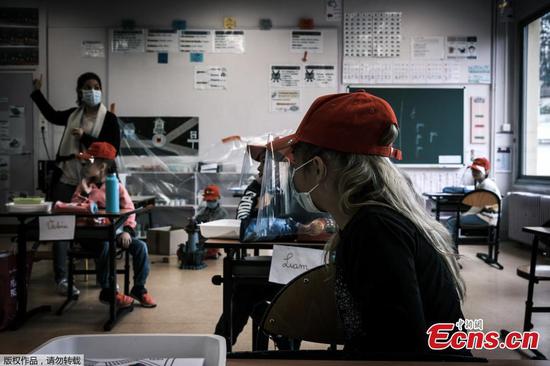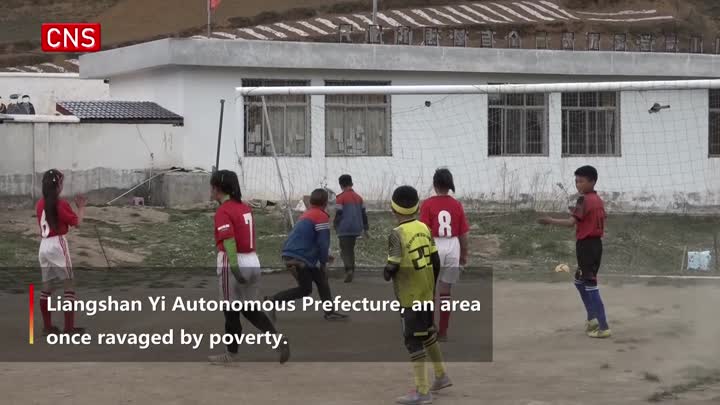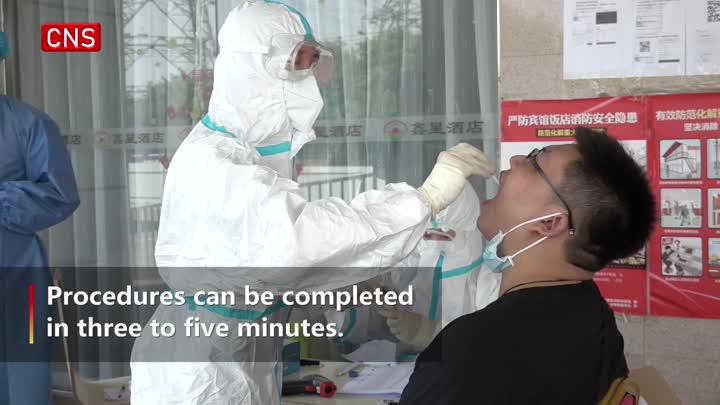China-U.S. scientific collaboration will bring enormous benefits for the world, including bolstering progress in finding a cure for the novel coronavirus, said Sunney Xie.
The pandemic sweeping the globe has shown the need of united, international action in fighting a common enemy, Xie said at the latest Vision China event on Sunday.
This had been expressed in medical aid, voluntary work, generous donations, web seminars and collaborative research. "The virus knows no borders, and the same goes for our fight against it," said Xie, who is Chinese American. Xie, who also heads two state-of-the-art research centers of Peking University, is now leading research into treatments for COVID-19, tapping into his field of expertise in single-cell genomics.
With the latest technology of single-cell genomics, Xie's team has accelerated the discovery of 14 neutralizing antibodies produced by immune systems of recovered patients-an otherwise time-consuming process that was comparable to "looking for a needle in a haystack".
"The best of them will be developed into a drug to cure COVID-19. It can also be used to provide short-term protection for a patient's family or medical staff," Xie said.
Following encouraging results from animal tests that show a dramatic reduction of the viral load in infected mice and effective immunity generated in uninfected mice, he said preparations for further clinical trials are underway. "At present, there are few COVID-19 patients in China, so our clinical trials will be conducted abroad. If proven successful, we would certainly want it to benefit the whole world … because humanity is above all," he said.
Xie said in a commentary titled "Diseases Have No Borders. Neither Should Research" published in the journal Cell in September, that science should transcend politics and global scientists must collaborate.
In 2018, he returned to his alma mater, Peking University, after teaching at Harvard University in the United States for two decades.
"Never did I expect that only six days after I relocated to Peking University, the United States would implement the first China-specific tariffs," he said. "Soon after, the National Institute of Health ordered hundreds of U.S. academic institutions to investigate their scientists who conducted collaborative research in China. This led to the closing of several laboratories and hardships for many well-established researchers in the U.S.."
One of his most significant achievements during his time at Harvard, the development of a method to halt genetic diseases in embryos, stemmed from collaborating with colleagues in China. His partners included Qiao Jie and Tang Fuchou, both professors at Peking University. Thanks to this technology, more than 1,000 babies were born free from the genetic disorders their parents carried in China.
"We did not do the research to serve China alone. There are thousands of monogenetic diseases in the world, suffered by people of all ethnic groups. I am delighted that this technology has since been adopted in the United States and worldwide," Xie said.
He said his experience is an example of "how Sino-U.S. collaboration benefits both countries and ultimately, the whole world".
Xie recalls the support and warmth that he received from his foreign professors when he first arrived in the United States in 1985 as a PhD candidate at the University of California, San Diego, and later from his colleagues at Harvard where he went on to become a tenured professor.
Now back in his home country, Xie said he continued to do impactful research by collaborating with U.S. researchers. "Being scientists, we all believe that it is science, not politics, that will save mankind from the disaster of COVID-19 and other disasters yet to come," he said. "Diseases have no borders. Neither does research. Nor should Humanity."
The author, Sunney Xie, is internationally renowned for his pioneering work in the field of single-molecule biophysical chemistry and its applications in biology. He is currently a professor at Peking University, where he is dean of Sciences and heads the Beijing Advanced Innovation Center for Genomics and the Biomedical Pioneering Innovation Center.









